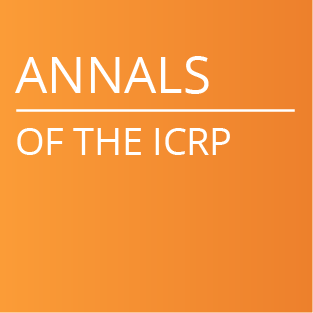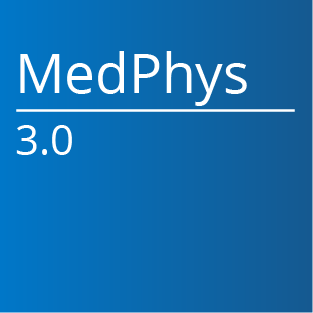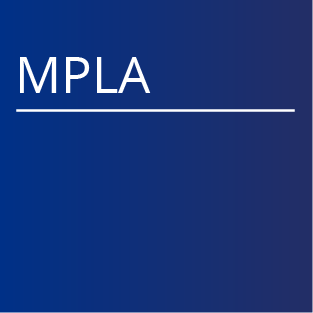Committee Tree
Ad Hoc Committee on Medical Physics 3.0
The AHC will pursue the following goals:
(A) In Clinical Practice, medical physicists involved in clinical practice should:
- be more relevant to the clinical setting
- learn leadership skills to be more impactful in the clinical setting
- reinvigorate scientific excellence across the board
- refresh their competency in statistics and data analytics
- in addition to “what” and “how”, better understand “why”
- position themselves to be the “scientist in the room”
- refresh their knowledge with respect to human anatomy and physiology
- have competence and a skill set to interact with other peer healthcare professionals (eg, physicians, hospital administrators)
- have an integrated approach in their practice; have a seat at the table routinely with all other professional responsible for healthcare delivery (eg, engaging radiation oncologists, radiologists, therapists, technologists)
- seek more ways to add value to clinical practice
- seek better understanding and embrace ethical principles in patient care
- seek clinical enhancements that enhances the precision and personalization of patient care
- define and enact physics practices that are most relevant to clinical utility and quality
- include optimization of clinical procedures and retrospective analysis of care data, in addition to equipment assurance and inspection
- seek clinical engagement beyond current spheres of radiology and radiation oncology
(B) In Education of physicians, residents, graduate students, and others; develop tools for medical physicists involved in teaching to better:
- understand the use of the flipped classroom environment
- engage learners in group learning sessions with follow-up
- incorporate thought-provoking questions throughout the educational process
- move beyond self-assessment modules (SAMs) for challenging student’s knowledge
- understand ethics as it pertains to the educational setting
- use new technologies for learning, including more prevalent use of tablets, interactive learning sessions, cell phone based response systems, and “Apple TV” like interfaces in a Wi-Fi learning environment
- develop proper question formats and constructs for assessing learner knowledge
- engage underrepresented groups to be exposed to different learning environments for better comprehension based on their background
- embrace new topics that need to be integrated in educational curriculum of modern medical physics (ie, charges A, C, and D)
(C) In Research, medical physicists involved in research should:
- learn the basic tenants of manuscript preparation (younger scientists)
- learn the basic tenets of grant preparation (younger scientists)
- better understand the role of manuscript peer review as a referee or associate editor
- better understand grant review procedures, hierarchy, and scoring calibration
- have competency in ethics pertaining to research including clinical trials and HIPAA
- learn the basic tenants of mentoring and mentor/mentee relationships
- understand principles of benevolence in career development
- understand the types and essence of innovation in medical physics science
(D) In Administration, medical physicists involved in administrative tasks across all areas of medical physics profession should:
- understand the essential value proposition of medical physics and the unique role that medical physics plays in the healthcare enterprise
- have a contextual understanding of medical physics and be able to delineate relative attributes and roles of medical physics, physician practice, and biomedical engineering
- understand the differences between leadership and management
- have basic leadership competency of self-awareness, visioning, organization, project management, personnel management, finance, and rhetoric (verbal, pictorial, written)



















